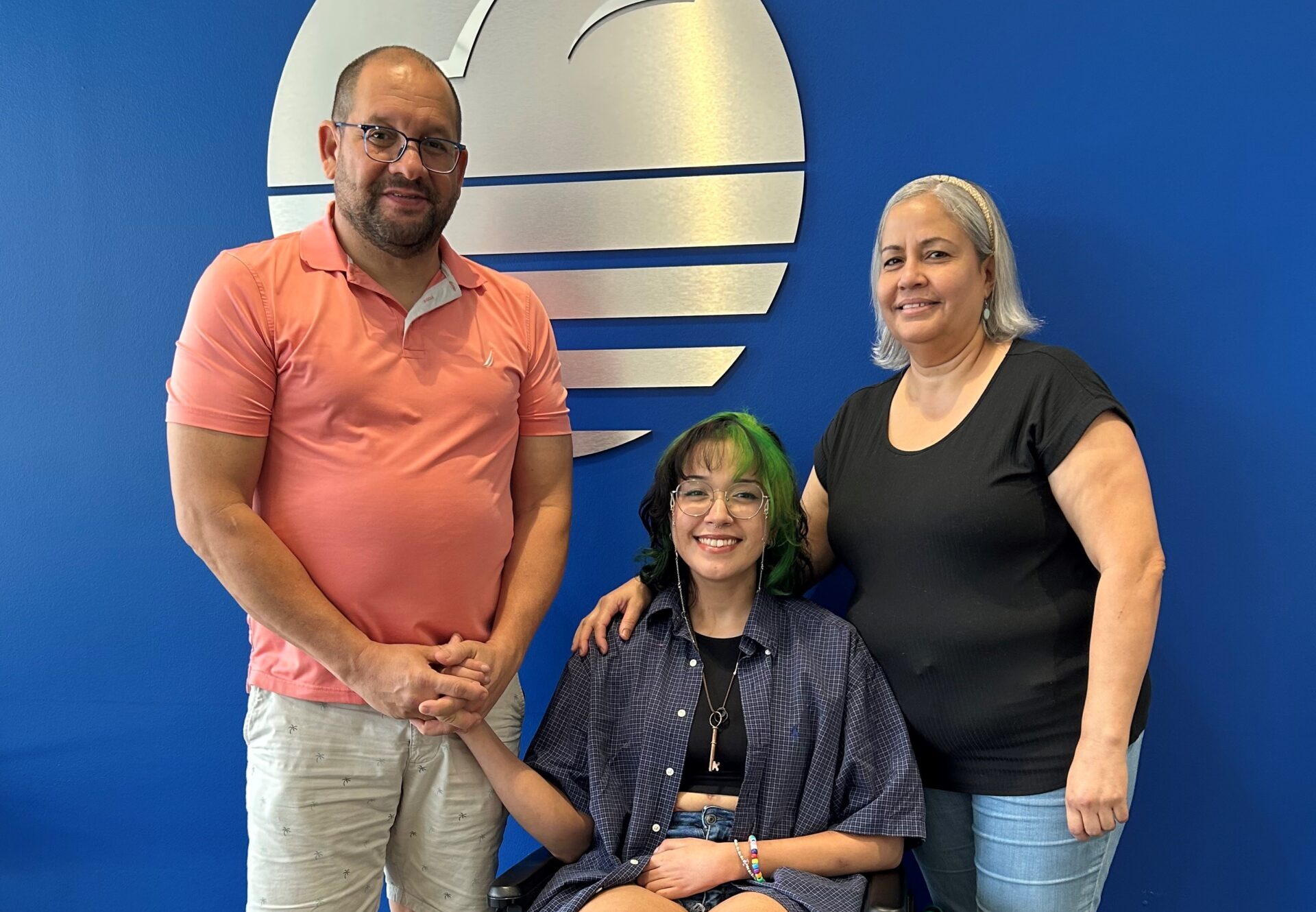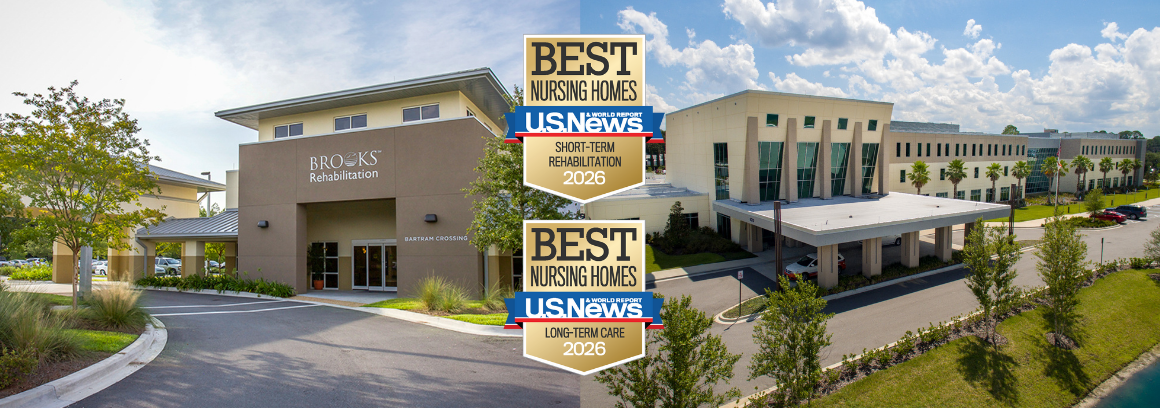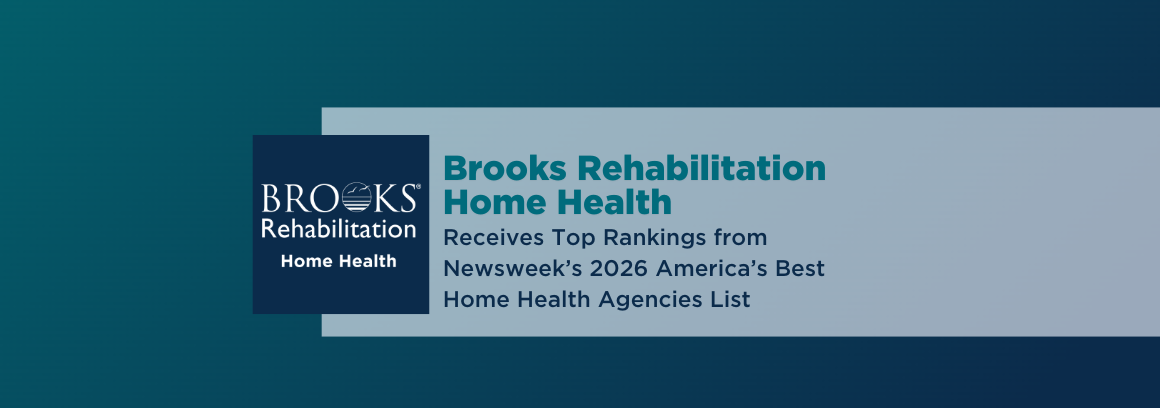Condition Overview
An anoxic brain injury happens when the brain goes without oxygen, even for a short time. It can leave a lasting impact on brain function and quality of life. With prompt medical treatment and a personalized rehabilitation plan, you may be able to regain some skills and independence.
What Causes Anoxic Brain Injury?
An anoxic brain injury happens when something suddenly cuts off oxygen to the brain. Causes vary, but they typically involve a traumatic event, such as:
- Cardiac arrest
- Choking or suffocation
- Drug overdose
- Electric shock
- Near-drowning
- Respiratory failure
- Strangulation
What Are the Symptoms of an Anoxic Brain Injury?
When the brain is deprived of oxygen, you may lose consciousness or enter a coma. As you begin to recover, symptoms may affect physical, cognitive and emotional functioning.
Common symptoms include:
- Difficulty concentrating
- Dizziness
- Fatigue
- Headaches
- Mood swings or irritability
- Sensitivity to light or sound
- Trouble finding words
- Vision changes
Treatment for Anoxic Brain Injury
Treatment starts with quickly restoring oxygen to the brain and keeping blood and oxygen moving throughout the body. Doctors work to reverse the cause of the oxygen loss to prevent further damage. In some cases, the medical team may use controlled cooling or sedation to protect brain tissue during the early stages of recovery.
Long-Term Effects of an Anoxic Brain Injury
An anoxic brain injury can lead to lasting challenges that affect thinking, movement and emotional well-being. The severity and type of effects depend on how long the brain went without oxygen and which areas were injured.
Common long-term effects of an anoxic brain injury include:
- Decreased awareness of surroundings (in severe cases)
- Difficulty with memory, attention and focus
- Emotional changes such as depression, anxiety and mood swings
- Issues with balance, coordination or fine motor control
- Problems making decisions or solving everyday challenges
- Struggles with daily tasks like cooking, dressing or keeping a schedule
- Trouble speaking clearly or understanding language
Rehabilitation After Anoxic Brain Injury
We are one of the few programs in the country offering comprehensive brain injury rehabilitation. You’ll find all the services and expertise needed to support your recovery from the earliest stages through the long term.
Our services include:
- Inpatient rehabilitation, intensive, round-the-clock medical care and therapy in a specialized hospital environment
- Skilled nursing care for people who need additional recovery support after inpatient rehabilitation
- Outpatient therapy, ongoing care to enhance strength, coordination, communication and thinking
- Home health services, skilled therapists and nurses provide supportive care at home
- Brain injury day treatment program, full-day therapy that helps you gain independence after outpatient treatment
Why Choose Brooks Rehabilitation for Anoxic Brain Injury?
We combine leading-edge methods with deep experience to help you recover from the many ways an anoxic brain injury can affect well-being.
Highlights of our program include:
- Expertise: We are one of the few programs in the region with physicians specializing in brain injury medicine. Neuropsychologists with advanced training in brain-behavior relationships are also part of your care team. Together, they work alongside therapists and other specialists to deliver care focused on meaningful progress in your recovery.
- Specialized therapists: Physical therapists, occupational therapists and speech therapists deliver personalized care. This team understands how anoxic injuries affect the brain and body and uses the latest research-based methods. They help you relearn things like walking, speaking clearly or staying focused so you can return to activities that matter to you.
- Family focus: We provide training, emotional support and care planning to help ease some of the uncertainty of brain injury recovery. Brain injury educators help families learn how to assist with daily care, like managing a feeding tube or tracheostomy, and teach them what to expect as recovery progresses.
FAQs About Anoxic Brain Injury
How long can the brain go without oxygen?
Brain cells can experience damage within a few minutes of losing oxygen. The longer this goes on, the greater the risk of irreversible injury. Quick medical care, restoring oxygen flow and comprehensive rehabilitation offer the best chances for good outcomes. Learn more about how long the brain can go without oxygen.
How does anoxic brain injury differ from hypoxic?
Both anoxic and hypoxic brain injuries involve a lack of oxygen. The difference has to do with the severity. An anoxic brain injury happens when there is a complete loss of oxygen to the brain. A hypoxic injury occurs when oxygen levels are reduced but not entirely cut off. Find out more about hypoxic brain injury.
Can you recover from anoxic brain injury?
Some people make meaningful improvements with the right care and rehabilitation, while others may experience lasting effects. Factors like how long the brain was without oxygen, the cause of the injury and access to rehabilitation all play important roles in recovery. Learn more about comprehensive brain injury rehabilitation at Brooks.
Request Care at Brooks
At Brooks we treat some of the most complex brain injuries in the nation. Let us join you on your road to recovery.Latest News and Health Resources
Education and guidance to support your recovery
From Immobility to Possibility: Izzy’s Determination to Reclaim Her Creative Life Following Transverse Myelitis
Last Christmas was supposed to be a time of joy and celebration for Isabel “Izzy” Quezada. Instead, what began as a common case of influenza A would challenge everything she...




